Feuerbach e a Cerejeira – Uma Parábola Marxista
“In total contrast to German philosophy, which descends from heaven to earth, we here ascend from earth to heaven.” – KARL MARX (1846)
Walking down the streets of a big city, are we aware that we are like fishes swimming in an ocean of History? Do we realize that tall buildings, concrete roads and old churches, just to mention a few items of the urban landscape, have been erected by human labour throughout the centuries?
One of the advantages of wandering around with the brain fueled by Marxist ideas is a certain transformation of perception in which History ceases to be something buried in books and museums. History is alive and kicking: while I drift through the metropolis, I bump on it everywhere.
This awareness may be much more intense in a visit to what’s properly called an “historical city” like Québec, founded in 1608, whose Citadelle, Château Frontênac and monuments to European conquerors (such as Jacques Cartier and Samuel Champlain), gives one the strong impression of past-still-present. Generations ago, humans who are no longer among the living, built this awesome castle on the top of the hill, facing from the height the Saint Lawrence River below, and now those who are among the living – myself included – can’t help but notice how the Québec of nowadays is actually a product of History. It’s History incarnate.
That’s how I’m coming to understand better what Karl Marx meant by his doctrine of Historical Materialism: the material world isn’t simply a world of “natural” objects; the material world is nature transformed by human endeavour; it’s the result of the productive activities of mankind, what necessarily includes the labour of bygone generations.
One of the commonest antithesis in the history of philosophy opposes Materialism to Idealism. To even attempt to describe this controversy, in all its subtleties and historical developments, is a Herculean job that I feel unable to cope with (this task would take a much larger knowledge of the history of philosophy than I presently have). My intention in the present scribbling is merely to share some Marxist ideas which, it seems to me, enlighten the matter of Historical Materialism quite vividly. It’s well known that Karl Marx’s philosophy is accurately described as a “Materialist Conception of History”. Its inception and development seems to be one of the endeavours to which Marx and his comrade Engels devoted theirs lives to accomplish.
It’s worth remembering that the so-called “Young Marx” was already deeply interested in philosophical Materialism, so much so that Marx’s 1841 Doctorate was a thesis about the philosophies of nature of two of the most important Greek materialists, Democritus and Epicurus. It’s also well known that Marx, despite having been deeply influenced by Hegel, was far from being an orthodox disciple who would preach the Hegelian gospel like a conditioned parrot. Marx’s sharp powers of criticism and scorn were also directed against “The German Ideology”, guilty of an idealism that’s incarnate in the tradition of Kant, Fichte and Hegel. In Robert C. Tucker’s Philosophy and Myth in Karl Marx (Cambridge University Press, 1961), we can find some help in understanding the “materialist-idealist antithesis”:
“The idealist starts from the ‘heaven’ of theory and attempts to descend to the ‘earth’ of practice. He proceeds from man’s ‘sacred history’ or thought-process in the effort to comprehend the historical process as a whole. The materialist, on the other hand, begins with the ‘real life-process’ or ‘practical developmental process of man’. He takes his stand on ‘earth’ and adopts man’s ‘profane history’ as the starting point for theory. Abandoning the vain effort to descend from heaven to earth, he rises from earth to heaven. He treats the sacred history as a mental reflex of the profane one, the history of mental production as an epiphenom of the history of material production. His underlying principle is that ‘Life is not determined by consciousness, but consciousness by life.’ Marx defends it on the ground that man cannot think, and cannot live at all, without producing the material means of life. Here is the doctrine of economic base and ideological superstructure, better known in Marx’s later formulation in the preface to his Critique of Political Economy: ‘The mode of production in material life determines the general character of the social, political and spiritual processes of life. It is not the consciousness of men that determines their existence, but, on the contrary, their social existence determines their consciousness.” (TUCKER, p. 179)
Materialism, after all, doesn’t deny the existence of ideas and ideals, of phantasies and imaginations, of all those contents that can be said to pertain to the life of the mind, to subjective space or to the psychological realm. It’s undeniable, for example, that religious ideas do exist, but not as abolute or objetive truths, but as concepts produced by the human brain. The idealist, usually infected by theological ideologies, confuses a creature of his own brain with something that exists outside himself – a critique expounded in detail by Feuerbach’s highly influential The Essence of Christianity (1841).
Historical materialism aims to understand the world around without supposing for it a divine origin or an ideal which serves as its foundation. Rather, historical materialism aims to describe the sensuous external world – that which our senses have access to – as a “materialization of all past productive activity of the human race. The sensuous world around man is a nature produced by history, or in Marx’s words ‘an historical product, the result of the activity of a whole succession of generations. He criticizes all past doctrines of materialism for the failure to grasp the external material objects as materializations of human activity.” (TUCKER, op cit, p. 182)
We’re like fishes swimming in a sea of History, but also fishes who are born into a certain stage of the process of Nature’s transformation by human labour. Each one of us has a consciousness, or an “ego”, which can only be understood as something necessarily determined and conditioned by its situation in a certain historical epoch, in a particular web of social circumstances.
Even when we presume to be witnessing Nature in its purity, we may actually be witnessing Culture and History. This is one of the cleverest criticisms Marx shoots against Feuerbach: when facing a cherry tree, Feuerbach believed it to be a sensuous object from the natural realm, but he failed to grasp that “the cherry tree was transplanted to Europe by commerce only a few centuries ago, and solely by virtue of this historical fact is it given to Feuerbach’s senses.” (TUCKER, op cit, p. 182)
Eduardo Carli de Moraes
Toronto, Julho de 2014
Publicado em: 01/08/14
De autoria: casadevidro247
comentários
Acabo de traduzir esse texto. Que reflexão brilhante!
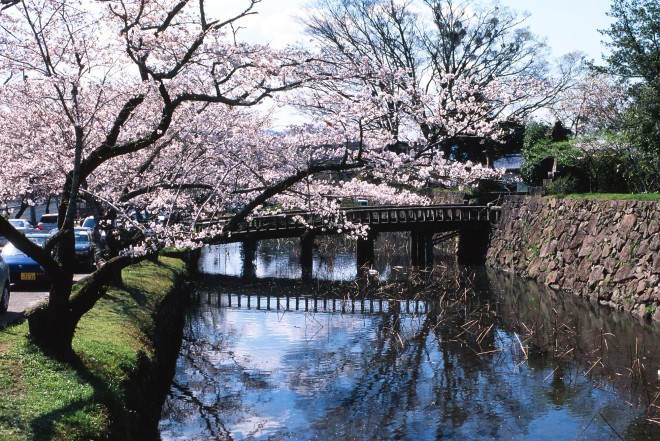
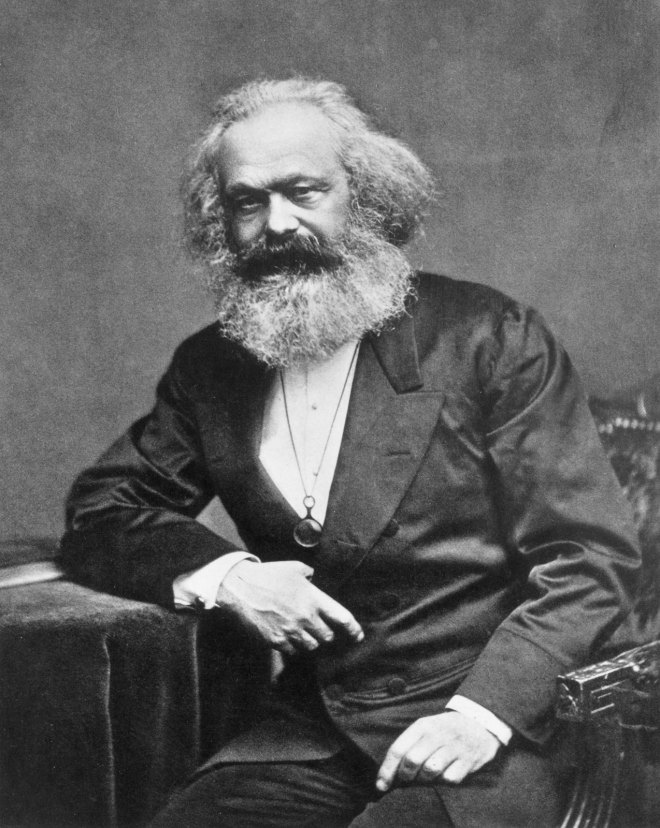
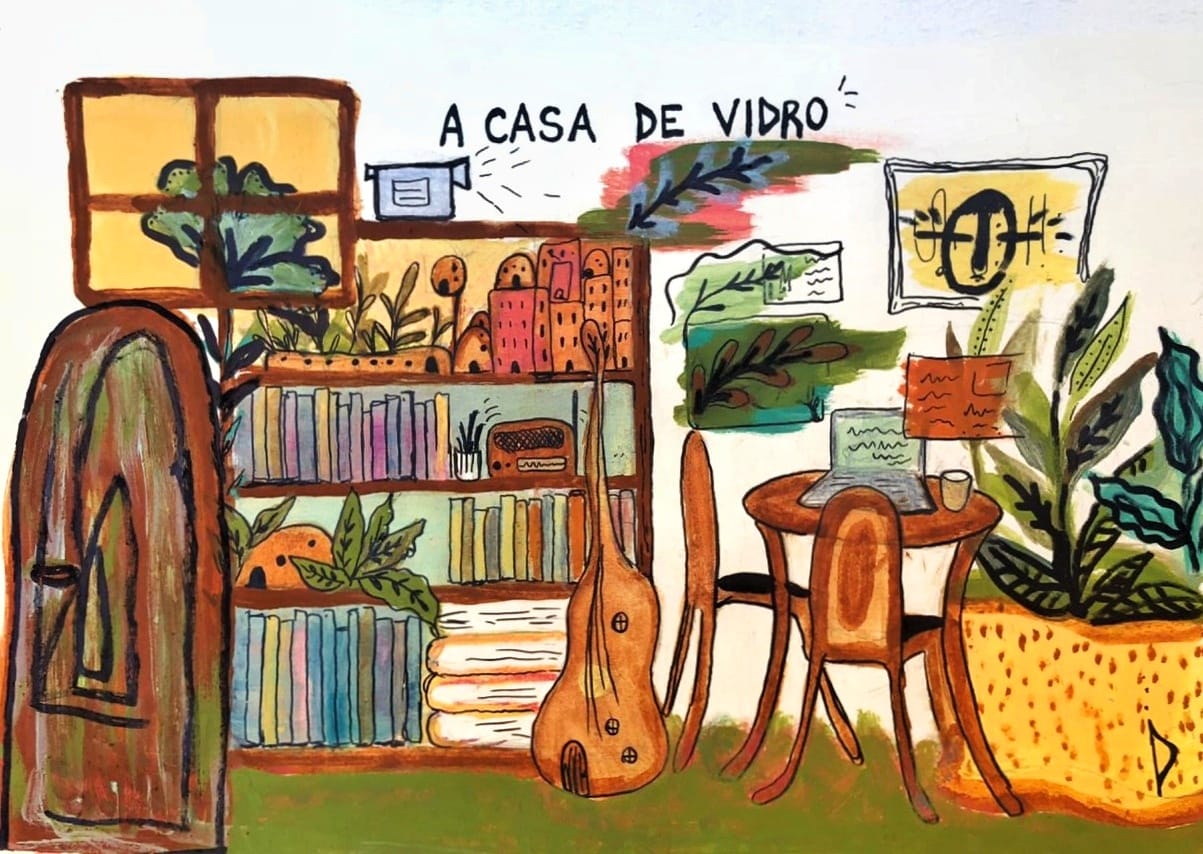
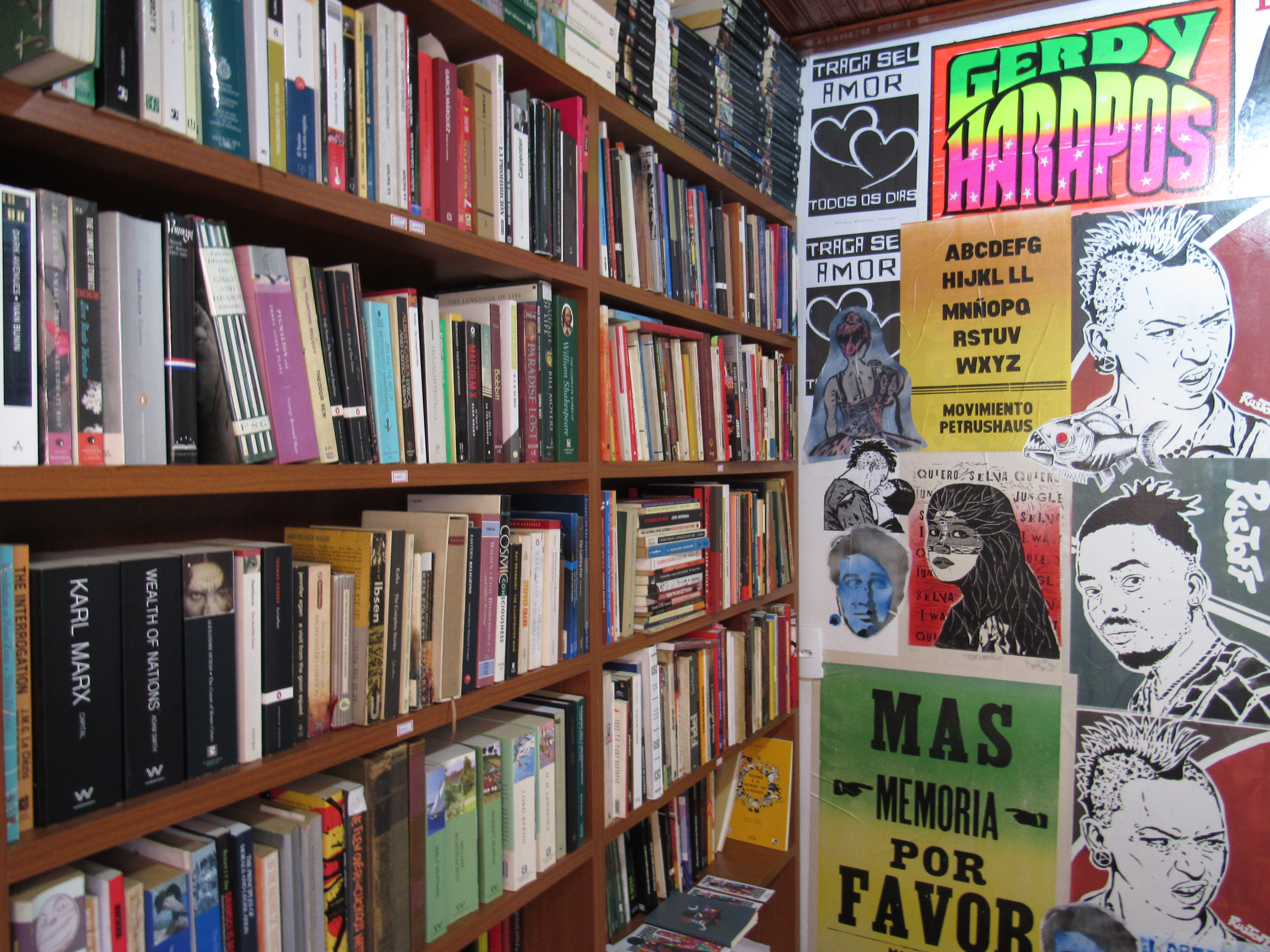
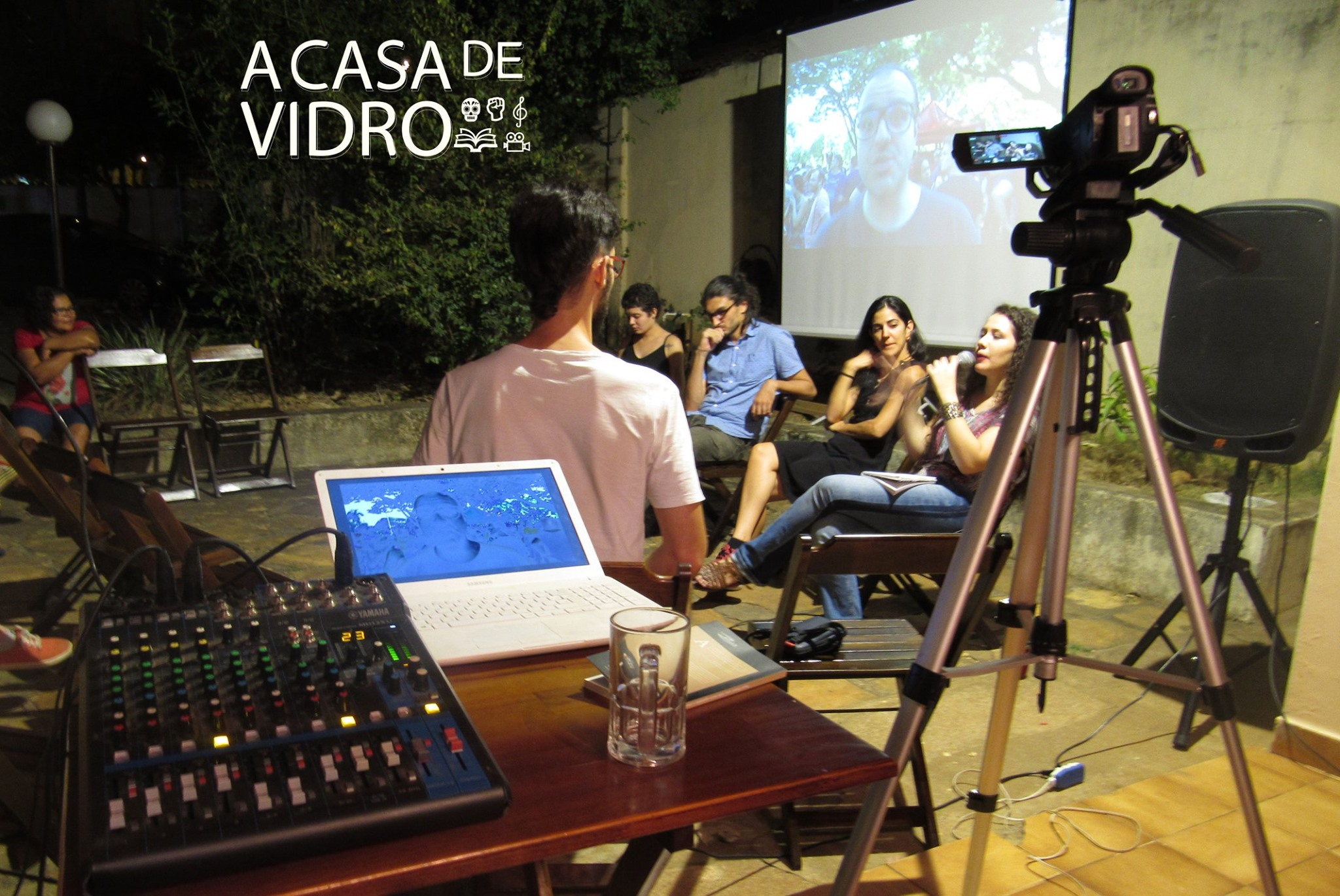


gmmasello
Comentou em 21/08/19